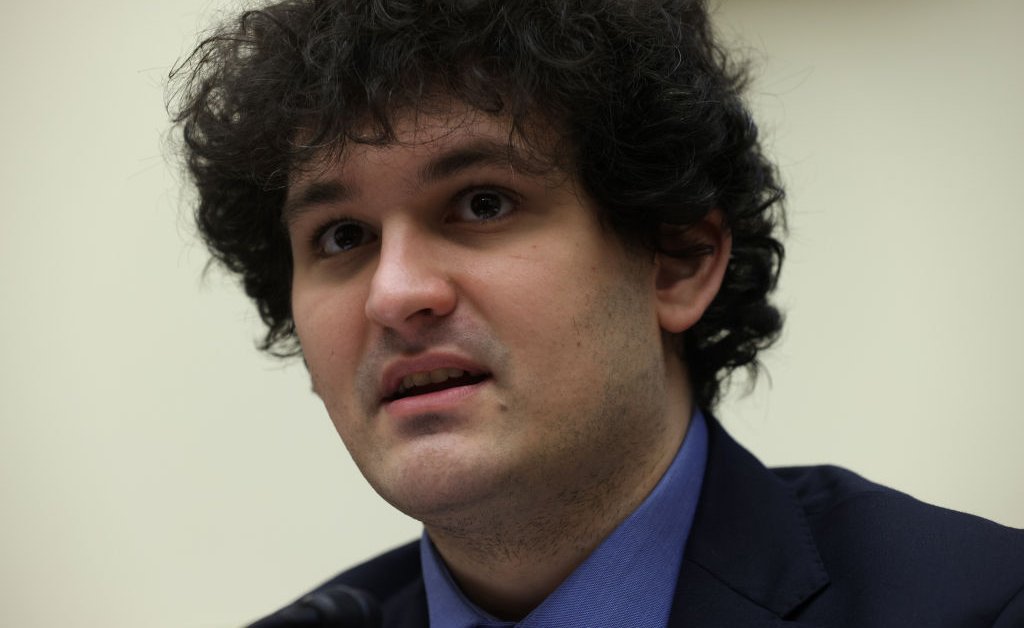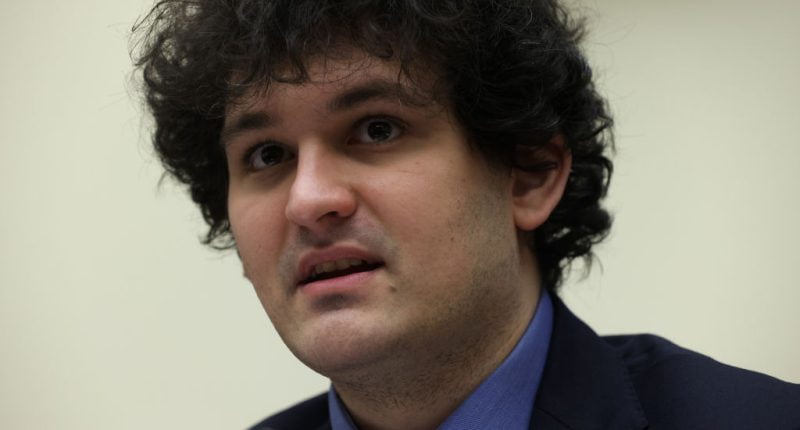
FTX Founder Sam Bankman-Fried, the former FTX CEO who was hailed as crypto’s savior just a few months ago, was arrested on Monday night on criminal charges, according to a statement from the Royal Bahamas police force. Bankman-Fried lives in the Bahamas but will be extradited to the U.S., where he will face federal charges from a sealed indictment that is set to be opened on Tuesday morning.
According to the New York Times, the criminal charges include wire fraud, wire fraud conspiracy, securities fraud, securities fraud conspiracy, and money laundering.
The arrest cements a stunning fall from grace for the 30-year-old, whose crypto exchange FTX was once considered one of the most reputable and secure parts of the crypto ecosystem. The exchange allowed customers to swap dollars for cryptocurrencies like Bitcoin and Ether, and it made a point to court newcomers to the space. Over the summer, when the crypto industry was rocked by a series of crashes, Bankman-Fried loaned out $750 million to damaged crypto firms through FTX and its sister hedge fund, Alameda Research.
Last year, Bankman-Fried was anointed by Forbes as “the world’s richest 29-year-old,” with a net worth over $22 billion. But his empire started to unravel after FTX was accused of being secretly insolvent—and of lending FTX customer funds to Alameda Research.
When FTX was unable to quell those accusations, a bank run ensued, in which customers rushed to pull their money out. On Nov. 11, FTX filed for bankruptcy, and Bankman-Fried resigned as CEO. According to bankruptcy filings, the company owes at least $3 billion to more than one million creditors. Legal and banking experts say that it’s unlikely FTX customers will ever see their money again.
“This company was run by inexperienced, unsophisticated and potentially personally compromised individuals,” said FTX’s lawyer James Bromley, in a bankruptcy hearing on Nov. 22. “It is one of the most abrupt and difficult company collapses in the history of corporate America.”
Despite FTX’s collapse, Bankman-Fried continued to give interviews to the press from his home in the Bahamas, arguing that he did not know how much financial trouble both of his companies were in. When asked by the New York Times on November 30 about the potential prison time he could face, he responded: “There will be a time and place to sort of think about myself and my own future. But I don’t think this is it.”
FTX Founder Sam Bankman-Fried was set to testify at a hearing before the House Committee on Financial Services on Tuesday morning, with members of Congress expected to grill Bankman-Fried about the exchange’s collapse. Instead, he will appear in Bahamian court.
U.S. Attorney Damian Williams posted a statement on Twitter stating that Bankman-Fried was arrested “at the request of the U.S. government” and that more information would become available Tuesday morning.
Several other entities are also investigating Bankman-Fried’s potential wrongdoings. The Securities and Exchange Commission posted on Monday night that “authorized separate charges relating to his violations of securities laws [will] be filed publicly tomorrow in SDNY.” On Monday evening, Bahamian Prime Minister Davis said in a statement that the Bahamas would “continue its own regulatory criminal investigations into the collapse of FTX.”
Nicholas Biase, a spokesman for the U.S. attorney’s office, did not immediately respond to a request for comment. Neither did a representative for FTX.
FTX’s collapse is likely to have long-lasting implications for crypto, which has suffered massive declines in value and popularity since spiking in 2021. Bankman-Fried himself was the face of the industry in Washington: he has said he spent “hundreds, probably thousands of hours” seeking meetings with regulators and legislators. On Dec. 2, the Senate Agriculture Committee held a hearing about the collapse, at which some lawmakers called for greater regulation of the space that is often compared to the wild west.
“The risks of trading crypto have come into sharp focus in the past few weeks,” said Senator Debbie Stabenow, a Michigan Democrat. “The lack of clear consistent rules has allowed crypto to flourish despite the harmful conflicts of interest, an absence of responsible governance and risk management, and a failure to safeguard customer assets.”
Home |








